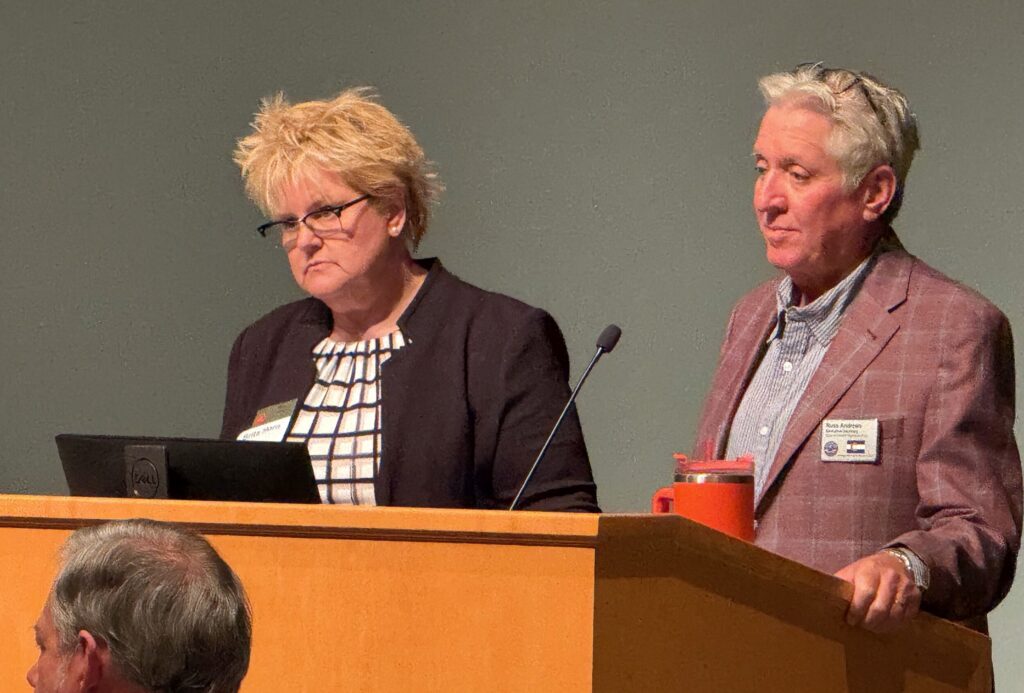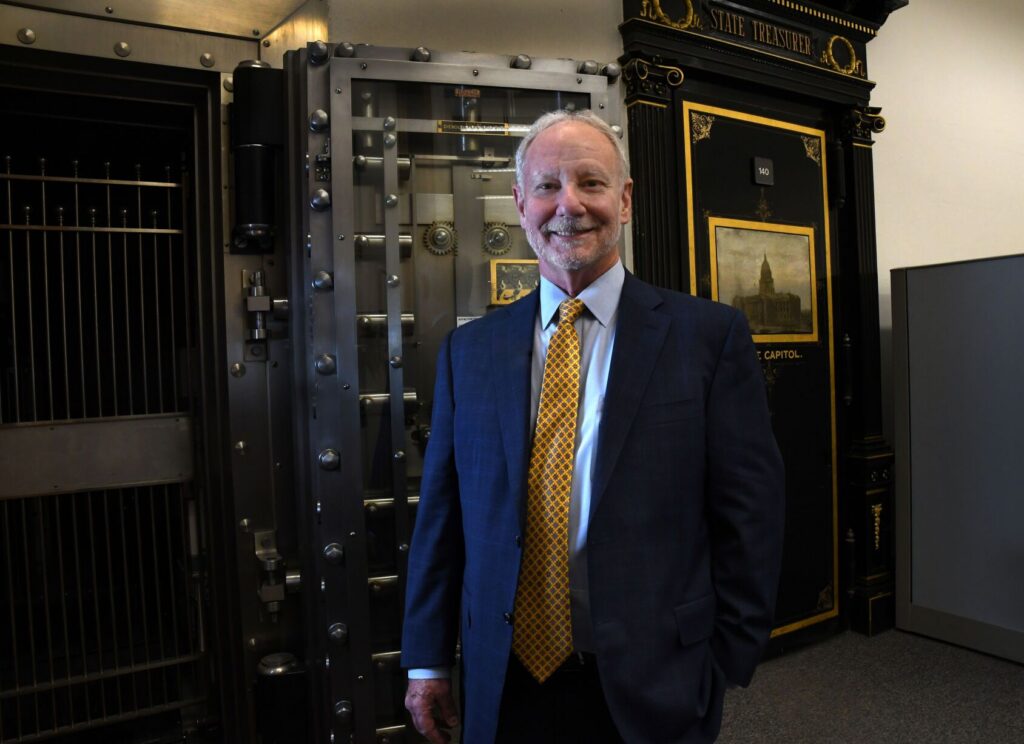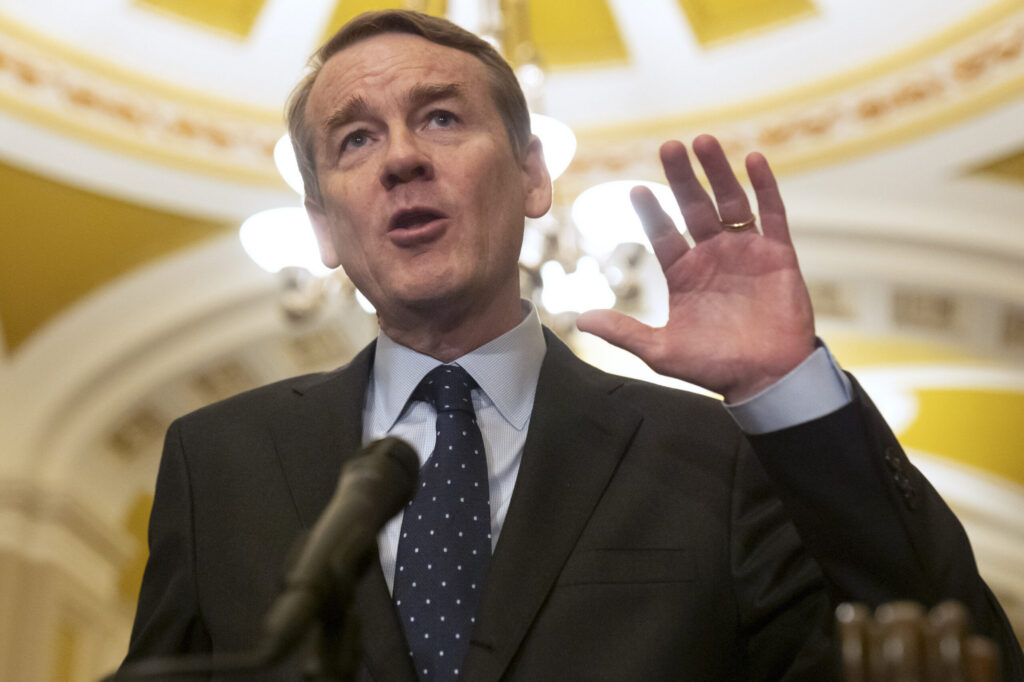Is Denver poised to become the Silicon Valley of the ‘New West?’
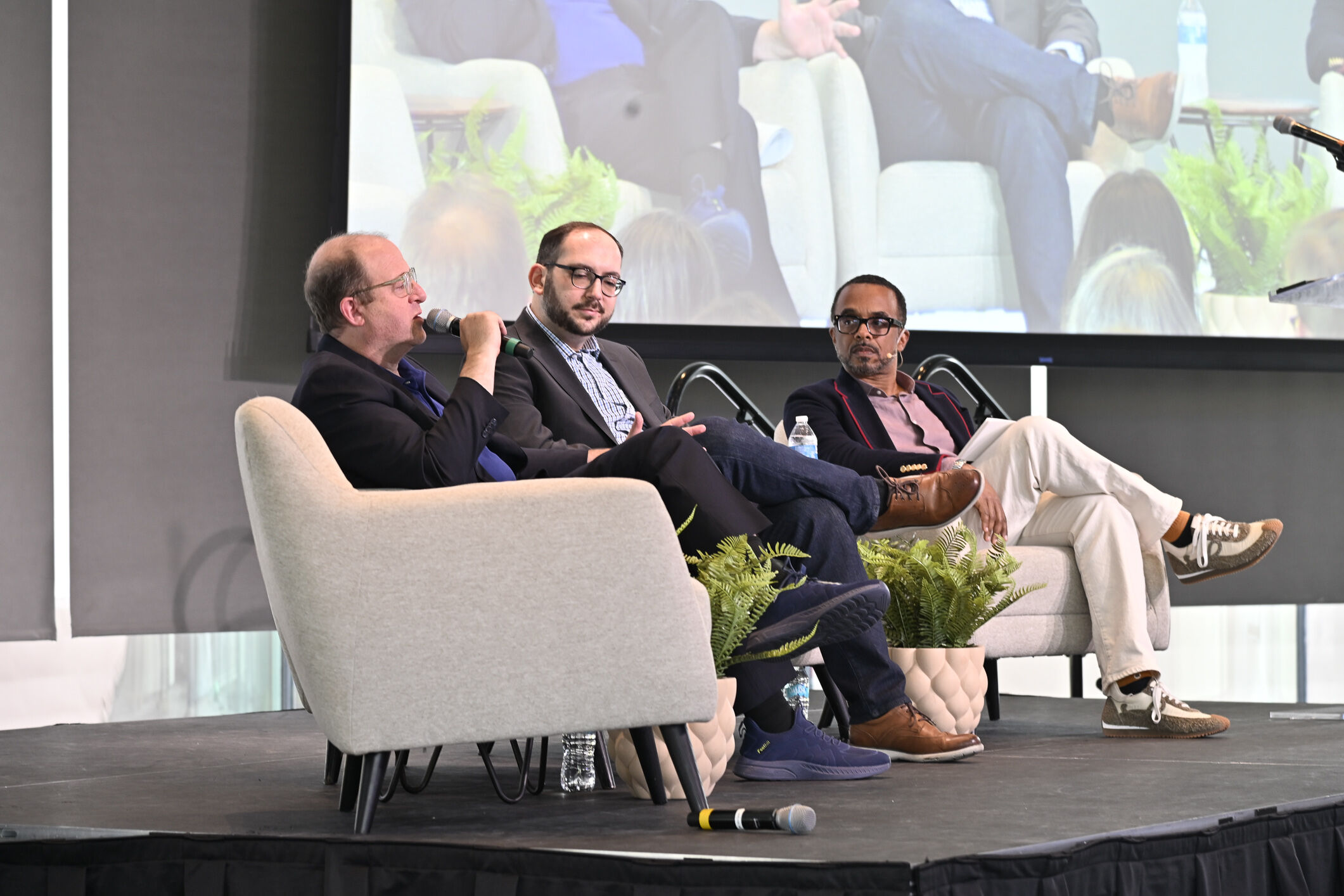
With an abundance of available talent, robust university partnerships and a “welcoming give first mindset,” global leaders in artificial intelligence are pointing to Denver as the next hotbed for public sector tech innovation.
As Mayor Mike Johnston wrapped up his second city-led – and sold-out – AI Summit on Tuesday, he told attendees that with tools such as AI on the rise, “this is the right moment to think about reinventing government, again.”
But is Denver really ready to take on the future?
Google Vice President Cris Turner, who oversees the tech giant’s government affairs and public policy knowledge and information products, thinks so.
Turner told The Denver Gazette that Denver has going for it, specifically “a mayor that is unafraid to lean into innovation, play with all of the toys in the sandbox,” calling it “relatively rare to have a local elected official that is so forward-leaning.”
Home to several large tech players, experts say the Mile High City is fueling an inviting AI startup environment.
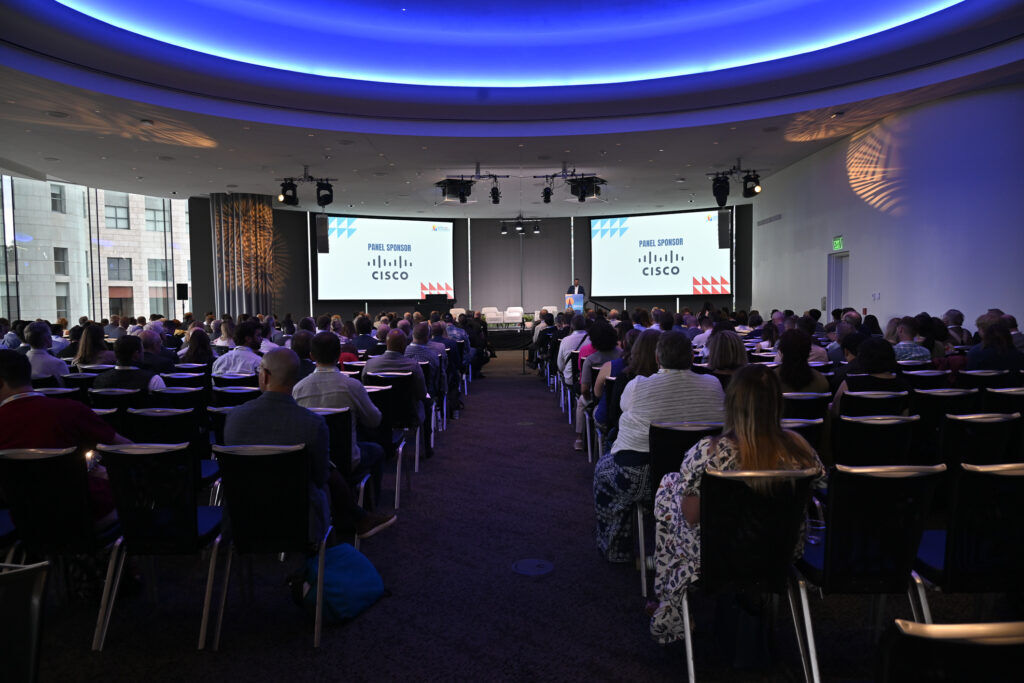
“My company and I are betting that both the city of Denver and the state of Colorado are one of the places to get it right first,” Turner said. “So, for what it’s worth, we have lots of commitment and investment and are optimistic for the future of Denver and Colorado.”
However, recent state legislation regarding the regulation of AI prompted legislators to return to the Capitol for a special session, ultimately resulting in a delay in implementation.
“I think that’s great that the legislature said we want to take more time to figure this out before anything becomes operational,” Gov. Jared Polis said. “And I think it’s important to sort of start with what the goal is. I mean, how do you make Colorado the leading state for AI, for consumers and for jobs and for innovators? And then kind of build out a policy that can distinguish ourselves among the other states to achieve that.”
Turner noted there is some degree of risk in regulating AI too early and too restrictively, rather than focusing on what AI can actually do.
Regulation doesn’t involve lawmakers alone; it also involves consumers, developers and deployers of AI technology.
“I think that one of the risks is that we do this state by state,” Polis said. “We need to approach this nationally for competitiveness and to avoid unintended consequences, to support innovation and add whatever protections are necessary.”
Polis added, “We should do this as a country through law and rule. The danger is, of course, that you have 50 different compliance regimes, which make it very difficult to bring any innovative product to market and add significant cost, to the detriment of the consumer experience.”
Attendees representing local governments from across the nation were eager to explore how AI-powered solutions showcased by promising startups may offer solutions to pressing civic, social and community challenges.
First-time AI Summit goer and Commerce City Mayor Steve Douglas told The Denver Gazette that his city already utilizes some AI platforms in the realm of public safety, but is interested in how it can help streamline many of the city’s processes.
In the next five years, he hopes to see Commerce City embracing more AI technology to speed up permitting, increase public safety, enhance language capabilities, and support education as well.
Johnston hopes to use AI in Denver not only to speed up the permitting process but also to address challenges related to regulatory accretion.

Local governments add new rules and regulations to the ordinance every year, but rarely remove them, he said.
“For example, if you want to take a photo in any public park in Denver with 20 or more people, that requires a permit. So, anyone who took a homecoming photo last weekend, we are coming for you,” Johnston joked. “If you had a wedding in one of our parks, we would also come for you. So it turns out that there are certain regulations we probably don’t need, and no one’s taking the time to take them off the books.”


